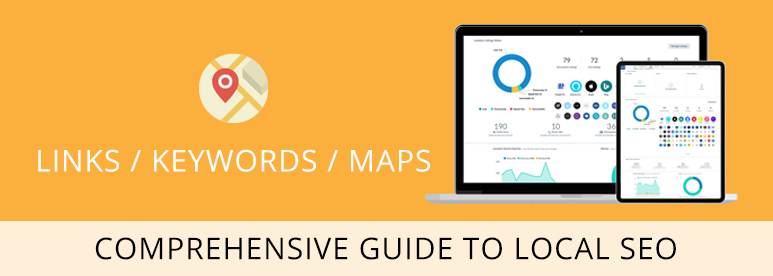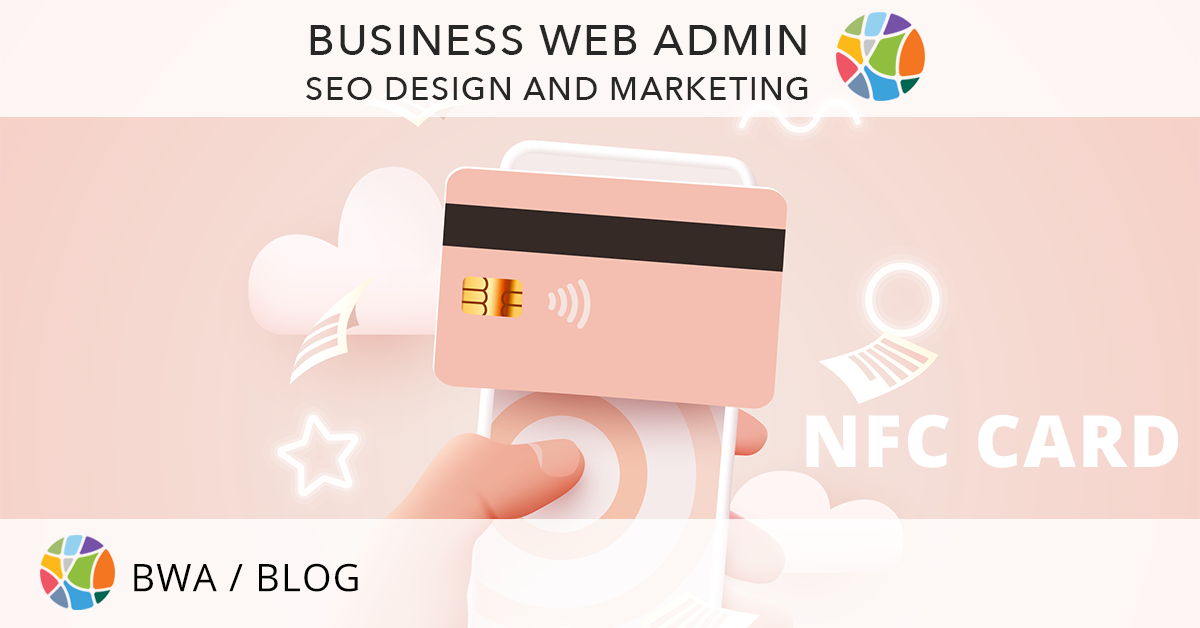Comprehensive Guide to Local SEO
improve lead generation and increase sales

Local search engine optimization (SEO) strategies allow you to market your target audience online
Businesses that serve a local community and operate a brick and mortar store or service location can benefit from local search engine optimization. Local SEO refers to the digital methods and practices that increase a business’s online visibility to local searchers and potential customers. Whether you operate a plumbing company, daycare center, hair salon, or other brick-and-mortar business, you can benefit from local search engine optimization.
What Is Local SEO?
It is a collective name for any practices that work to optimize a business, products, or even services for a location-specific search query. For instance, searchers will include a location tag with their query in order to locate businesses near them. So, instead of “financial consultants,” a person would look up “San Francisco financial consultants” if they want to find local service providers. After all, it doesn’t make sense to search for plumbers and be greeted with online listings for Miami plumbers when you need one to visit your Chicago home.
Of course, location driven search results are growing in sophistication. Searchers don’t even have to include their locality in many cases. For instance, Google uses location-based IP addresses or geolocation date to ‘decide’ which business listings to feature in that user’s search results. If the search engine knows you’re searching from a location near Springfield, Illinois, it’s going to feature Springfield businesses early in the search results.
Won’t Your Business Feature in Local Search Results Automatically?
You may suppose that since your business address is featured on your website that it’s already optimized for local searches. Unfortunately, that’s not the case. Boosting your search engine visibility localy is a process that may include many steps. The better work, the more likely your business will be featured early in search engine results--ideally on the first page. In order to ensure that your business appears in front of the eyes of locals searchers early in the results, you need to take many steps to get optimized for your local area.
How Does Local SEO Work?
When you take steps to optimize your online presence for local searches, you’re essentially going to focus on signals that alert Google and other search engines that your business is situated in a certain locale, and you want area customers or clients to find it. As any other search optimization it involves both on page and off page measures; some are more technical than others. On page SEO relates to any measures you take to boost SEO on your business website. Off page SEO relates to the measures you take elsewhere online (not your website) to boost SEO. For instance, off page SEO might involve a social media account or your company’s appearance in online business directories or review sites.
How Is Local SEO Different from Regular SEO?
For businesses who want to market themselves online, both are important. You can think of local SEO as a subheading of SEO in general. Advanced search engine optimization involves many different steps designed to boost page rank. These aren’t steps you can ignore even if you’re simply trying to attract local consumers. For instance, SEO involves technical aspects like improving website loading speed. If your site loads too slowly, it’s not optimized for searches, and that can harm your rank in search results.
So, once your general SEO is on track, your business can focus on local results as it relates to specific towns in your service area. Having a local market strategy will help you target your local searchers, and that’s important because even in specific localities, business competition can be stiff. Optimizing for local searches can give your edge over its competitors and may boost your page rank high. Your goal as a local business should be to get into those highly coveted top three spots of a local Google search. If your SEO solutions manage that, you’re going to experience more website traffic than many of your competitors, and that can translate into more business.
How Can I Improve My Business’s?
There are many ways that businesses can improve SERP visibility. Often, marketing is associated with a terrific ROI-certainly more than many traditional advertising measures like commercials or billboard ads. To boost your page rank with, you’ll want to consider the following measures:
Google My Business
Your first stop on the road to improved local SEO is to visit Google My Business and ensure that your listing is accurate. Leave the wrong box checked or unchecked and you could be digitally penalized without even knowing it. If you don’t have a Google My Business page, you’ll need to create one. This platform can help you alert Google that you’re optimized for local searching.
Accurate Listings
Another step to take to boost your local SEO is to ensure that listings for your business appear accurate and consistent across multiple channels. For instance, your address should appear the same on your website as it does on review sites like Yelp, on social media sites like Facebook, and in any online business directories. Be sure that your contact information appears in HTML--not merely in an image. Search engines tend to like HTML text and will pick up on your location when it appears as such.
Searching for discrepancies in your listings can be tedious, but it’s important. Be sure that you use the same abbreviations in your listings so that they appear consistent to the letter. If there are errors between listings, Google may not feature your business early in page results because it doesn’t want to share inaccurate information with searchers.
Create Location Pages
Many businesses such as furniture stores or pizza places may have numerous locations. Each of these branch locations will need to be optimized in order to feature in a search associated with their service area. Location pages are the best way to accomplish local SEO for multiple locations.
Your SEO specialist and website developer can create a location page for each location of your business. These pages will include the name of your business, location address, phone number, and store hours. The page should include any unique information such as special parking instructions or area public transportation stops.
Content That’s Optimized for Local
Google wants businesses to generate high-quality content for users. Its algorithms are savvy and can pick up on content that’s relevant for a local audience. When attempting to optimize for local searches, you can improve your website experience for customers by featuring a Google map with your location or providing a service area map for other related community features. For instance, you might include a map of area transit so that customers from multiple communities can easily find your location.
You’ll also want your website copy and off page copy to include keywords and keyword phrases that are relevant to your business, its products, or its services. For instance, if you operate bakery in Chicago, you’ll want to take care to include many relevant tags--not just Chicago bakery as there are many. Use specific keywords such as South Side Chicago bakery, Chicago Danish bakery, Beverly (a Chicago neighborhood) artisan bakery. In short, you need to infuse your well-written copy (without overstuffing) with relevant keywords that reflect your location.
Get Optimized for Mobile
Mobile optimization is its own beast but its optimization overlaps with local optimization. For one, increasing numbers of consumers use their mobile device to search for local products and services. If they can find you using their smartphones, they may not find your business at all. Be sure that your website is geared for mobile searching. Your specialists may recommend many different steps to optimize your website for mobile searching.
Conduct an Audit
To ensure that you are doing all you can, you should request a SEO audit. An audit will tell you everything that is working well in terms of local SEO and where improvements still need to be made. A thorough audit should include:
- Analise your website’s structure
- Thoroughly crawl your entire website
- Analyze your metadata, including descriptions, titles, head tags
- Schema
- Internal links
- Website speed
- Images
- Mobile optimization
- Website content
- Phone numbers, location addresses, and email addresses
- Footer information
- Google Analytics and more
A comprehensive audit is a useful tool that will allow you and your specialist or team to develop a plan that’s tailored to your specific needs.
Consult with Business Web Admin
The key to improving your results and achieving demonstrable and measurable goals is to work with a digital marketing agency that specializes in these arias. Business Web Admin features SEO solutions that include local and mobile optimization services. With their support, you can develop a plan that prioritizes the tasks you need to accomplish in order to achieve better online exposure for local searches. Contact us to learn more about how we can help you improve your search page results to experience more website traffic and an increase in sales.
Sergio Sviridov
Information Delivery Specialist














